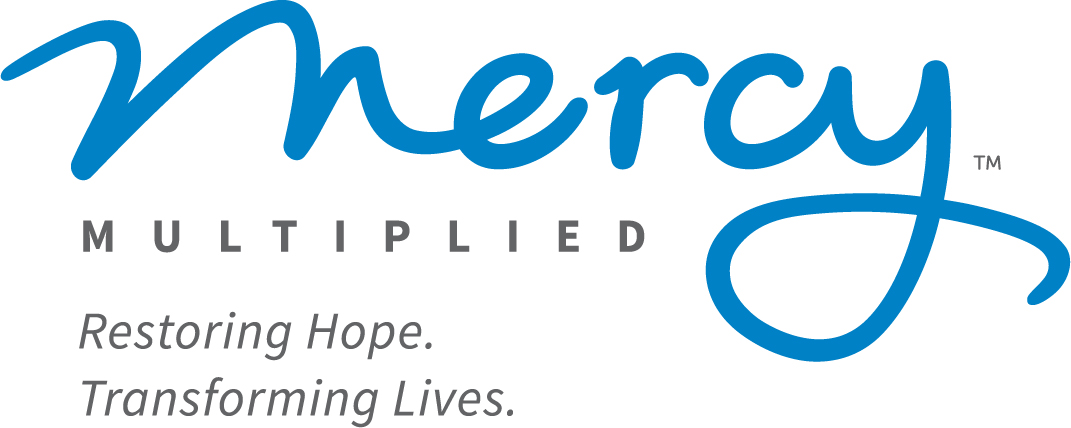“I completely understand what you’re going through.”
Let’s be honest. We’ve all probably heard this statement or said it to someone before. And it’s always said out of really good intent and a really good heart. It’s said out of a desire to connect with another person, to make them feel heard and seen and…well, understood.
Here’s the problem: It’s just not true.
You can literally walk through the exact same experience as another person but experience it completely differently because you are two completely different people.
Same Situation, Different Experience
My sister and I grew up in the exact same home with the exact same parents and walked through some of the exact same experiences together in our home. But guess what? We experienced them completely differently. Why? Because we’re completely different people. We are wired differently. We have unique personalities, unique personal struggles, and unique perspectives on other people and the world around us.
I remember my sister once asking me, “Did you ever feel like you experienced _____ growing up in our home?” (We had incredible parents, by the way…of course, like all parents, not perfect.) I honestly had no idea what she was talking about because I had never remotely experienced what she was sharing. However, because I understood this principle, I was able to say, “You know, I never personally experienced that, but I can see how, because of the way you’re wired and because of your unique personality, you could have experienced that.” Same home. Same environment. Two different experiences.
So for you to say that you “completely understand” what another person is feeling or going through simply because you walked through a similar experience is just not true. It can also, unfortunately, be received as insensitive and invalidating of the other person’s experience. It can shut down their unique story.
Your Story is Unique
A few years ago, my husband and I lost a baby to miscarriage. It was a devastating experience. And I remember countless women coming up to me and saying, “I heard what happened. I had a miscarriage once, so I completely understand what you’re going through.” It was said out of a desire to connect with me and to help me feel like I wasn’t alone. But guess what it did to me? It made me feel like my experience wasn’t unique or special, that my experience was a little invalidated. I often wanted to say back to these well-meaning ladies (but don’t worry, I didn’t), “Oh, so I guess you’re not interested in hearing about my story or my experience, because apparently you already know exactly what I’m going through.”
The problem was that I knew they didn’t understand exactly what I was going through, just as much as I didn’t (and couldn’t) understand what it was like for them to experience a miscarriage. There were innumerable factors that made each story distinctive and, therefore, each experience unique.
When we share this principle at our MPower Workshops, we often have either shame-filled or confused expressions staring back at us. Many people have said this phrase to other people thinking that it was a really helpful or compassionate response.
Don’t get me wrong. It was helpful to know that other women had walked through a similar experience. I needed to know that I wasn’t alone. But I also needed to know that my unique story was valuable and worthy to be shared.
What I needed to hear was more along the lines of, “I’ve experienced the pain of a miscarriage as well. I’d love to hear your story and how you’re doing.”
What You Can Say
So this isn’t to say that you should never share your story of a similar experience. Just don’t lead out with that. At some point in the conversation, you could share, “I remember walking through a similar experience and feeling _________ or experiencing _______. Does that connect with you?” Or “I remember something that God showed me or taught me through my personal experience was ____.”
But before you share your story, hear theirs. Invite them to share their experience. And then, at the appropriate time, share your similar experience. People want to know that they’re not alone in what they’re going through. But they also need to know that their experience is valued, and their unique story is worthy of being shared.
Mercy Multiplied exists to provide opportunities for all to experience God’s unconditional love, forgiveness, and life-transforming power. We offer multiple programs and resources online and onsite designed to equip people to live free and stay free in Christ. For more information about the services we offer, click here.
Want more resources? Check out our MercyTalk podcast episode “How to Deal with Difficult People.” For daily inspiration, follow us @MercyMultiplied on Facebook, Instagram, and Twitter!

